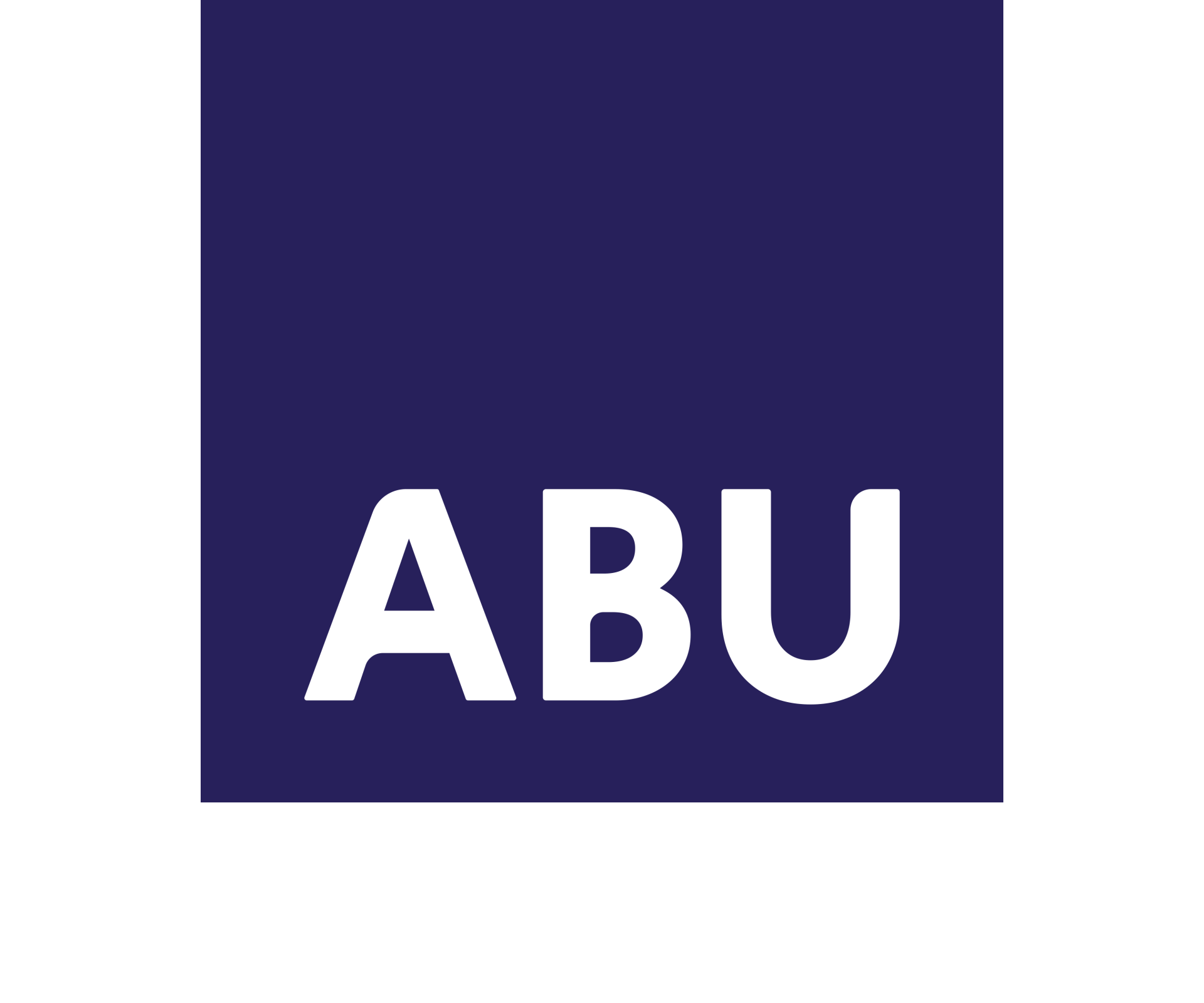What to do when fear hinders the potential of flexible work

Oct 11, 2023
Its safe to say that how we work has recently seen a dramatic shift.
The global pandemic has made hybrid work arrangements the new norm for many companies. However, not everyone is on board with this change. Some outliers, like Elon Musk, have made headlines by staunchly opposing remote work, branding it as "morally wrong." This difference in opinion between employers and employees has created a growing divide over the productivity of remote work.
We are heading into the “productivity paradox” that hinders reaping the benefits of hybrid and remote work over unfunded fear of lack of productivity.
Understanding the Productivity Paradox
As hybrid work models gained traction, concerns about employee productivity started bubbling up. Microsoft's 2023 survey paints a fascinating picture.
On one side of the spectrum, 87% of employees report feeling productive at work, even with a significant 153% increase in weekly meetings. And if that wasn't enough, overlapping meetings shot up by 46% per person, leading to multitasking during meetings, like checking emails or messages, becoming the norm.
Conversely, 85% of leaders are grappling with doubts about employee productivity in the hybrid work environment. Some turned to technology to track activity instead of focusing on the actual impact of work, which led to trust issues and a phenomenon called "productivity theatre." In this scenario, employees appear busy by attending meetings that might not be necessary. The result? Leaders fear that lost productivity is due to employees not working, even though data shows increased hours worked, meetings and other work-related activities.
Finding common ground
It is in everyone’s interest to leverage the potential of hybrid and remote work; and ease the fear of unproductive employees while ensuring employee retention and productivity. To navigate the new landscape successfully, organisations need to shift their focus away from simply tracking hours worked to evaluating the real impact of work. Here are some straightforward strategies to consider:
- Clarity in priorities. Employees with a clear sense of their priorities are likelier to stay with their company (four times higher), feel happier, and are seven times less inclined to look for new job opportunities. Prioritisation should go beyond just rearranging to-do lists and concentrate on what truly matters.
- Trust and autonomy. Trust forms the foundation of any successful hybrid work arrangement. Managers must trust their employees to do their best work, even when they can't physically see them. This trust empowers employees and leads to better productivity.
- Employee-centric approach. Despite concerns about returning to the office, employees now expect flexibility and autonomy in their work arrangements. It's not just about company policies; it's about meeting employee expectations, especially in the current skills shortage.
Even sceptical employers can change their minds
The case of Elon Musk, who was a vocal critic of remote work, serves as a great example of how even the most sceptical employers can change their stance. Cost-cutting measures drove Musk's decision to have Twitter’s (now X) employees working remotely, highlighting the financial benefits of remote work.
According to Forbes, such an example challenges the notion that remote work will decline in a cooling labour market because employers will have more control to require workers to return to the office. Such headlines are driven by most executives’ preference to have workers return to the office and less by the real productivity risks.
What’s next for the future of hybrid and remote work
As hybrid work becomes the new normal, addressing productivity concerns is vital for long-term success. Leaders must pivot from tracking activity to guiding employees toward meaningful and impactful work. Providing clarity on priorities and fostering trust and autonomy are also fundamental steps in this transition.
Ultimately, the future of work will require ongoing adaptation, experimentation and collaboration. HR and people analytics professionals have a unique opportunity to lead the design of organisations that are fully adaptable to hybrid work.
Data will be pivotal in helping organisations answer crucial questions about productivity, agility and innovation in remote and in-person work scenarios. The discussion should be less about remote versus in-person and more about questioning the result of our experiences from the last three years: What’s working? What isn’t? Why are we more or less productive/agile/innovative? When do in-person meetings matter?
And you? What’s your take on the future of hybrid and remote work? Share your experiences with us, and let’s shape the future of flexible work.







